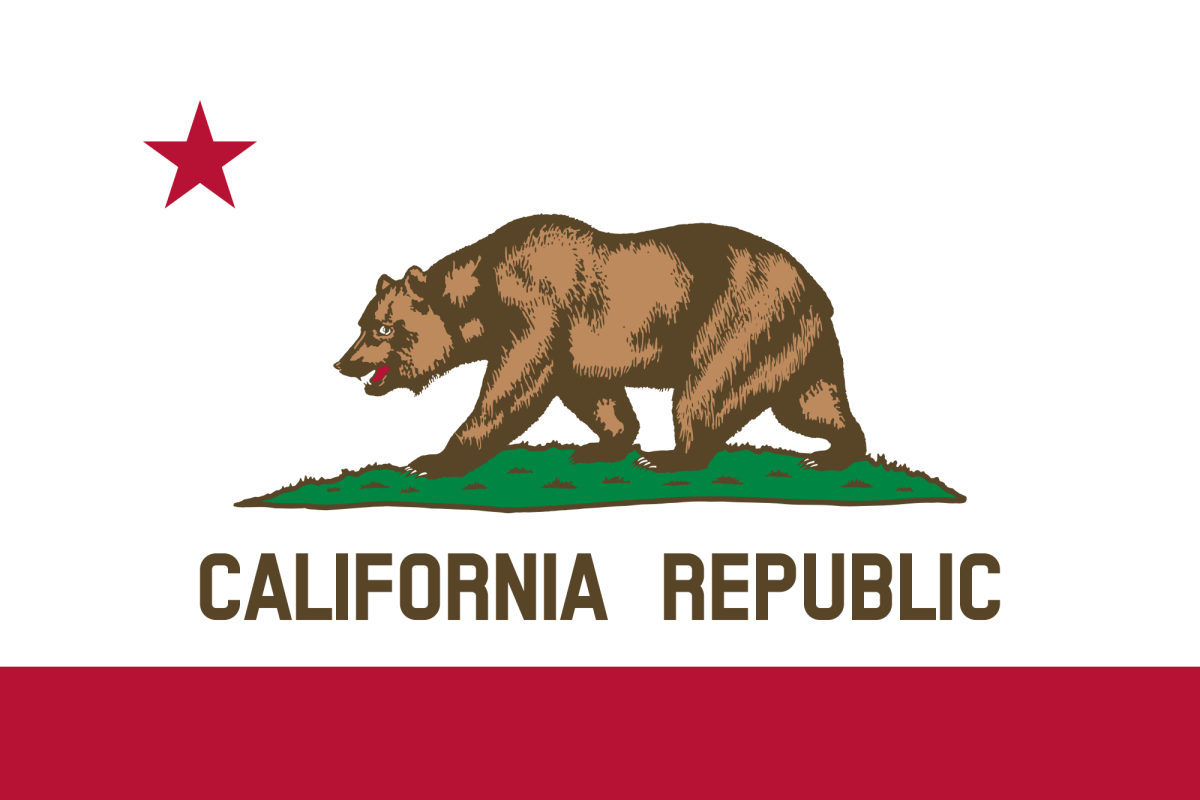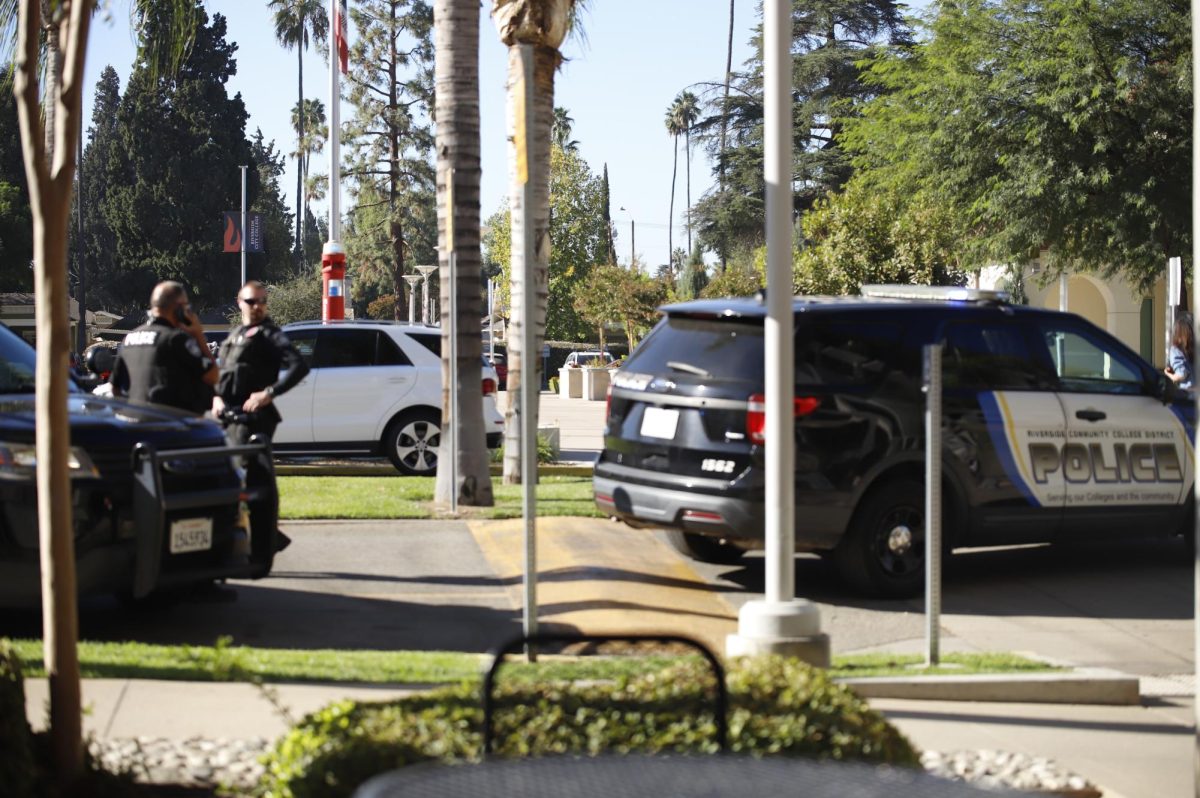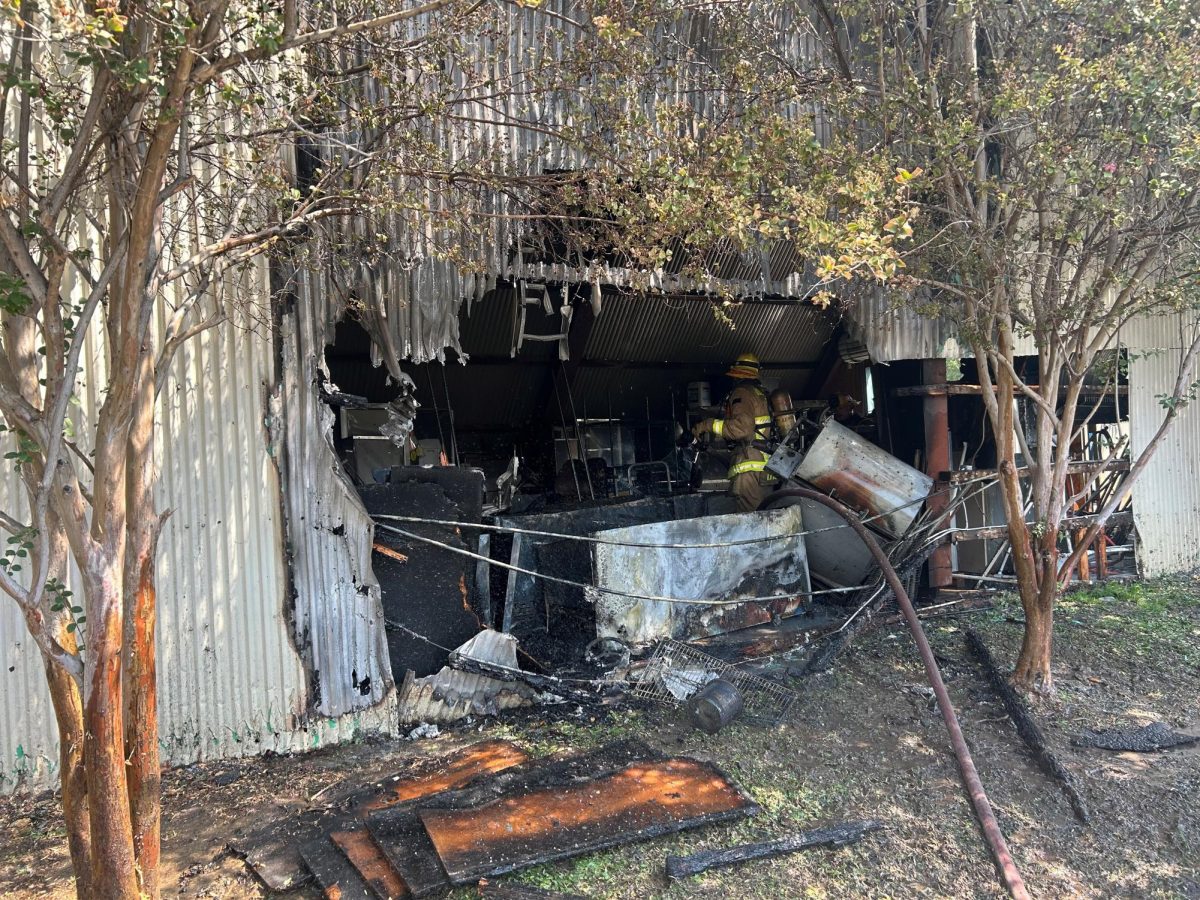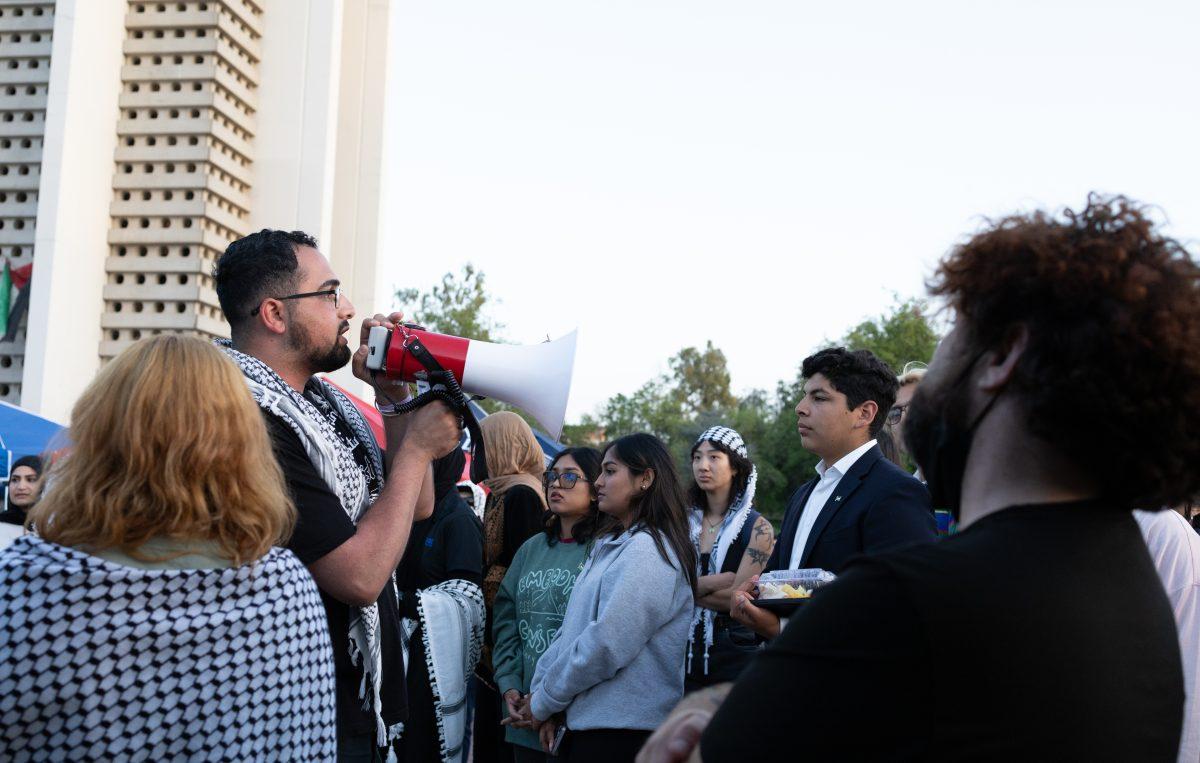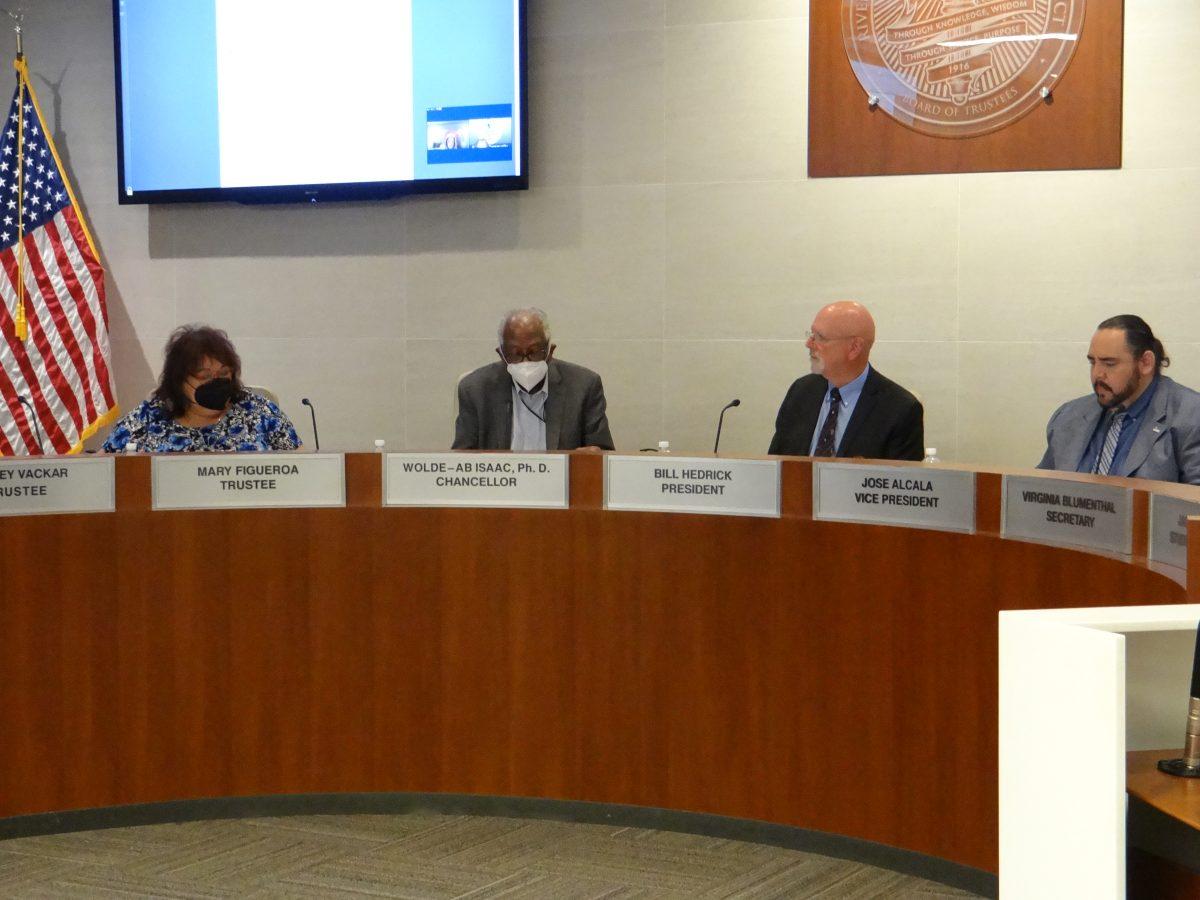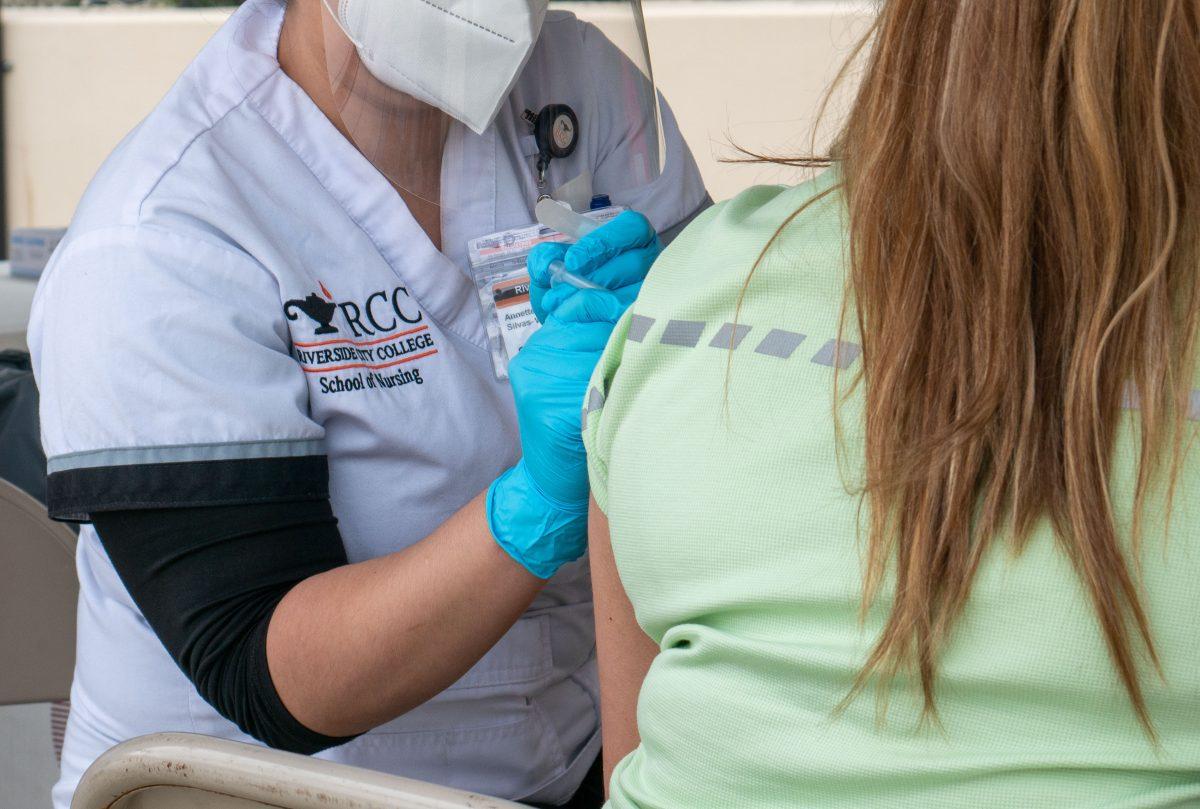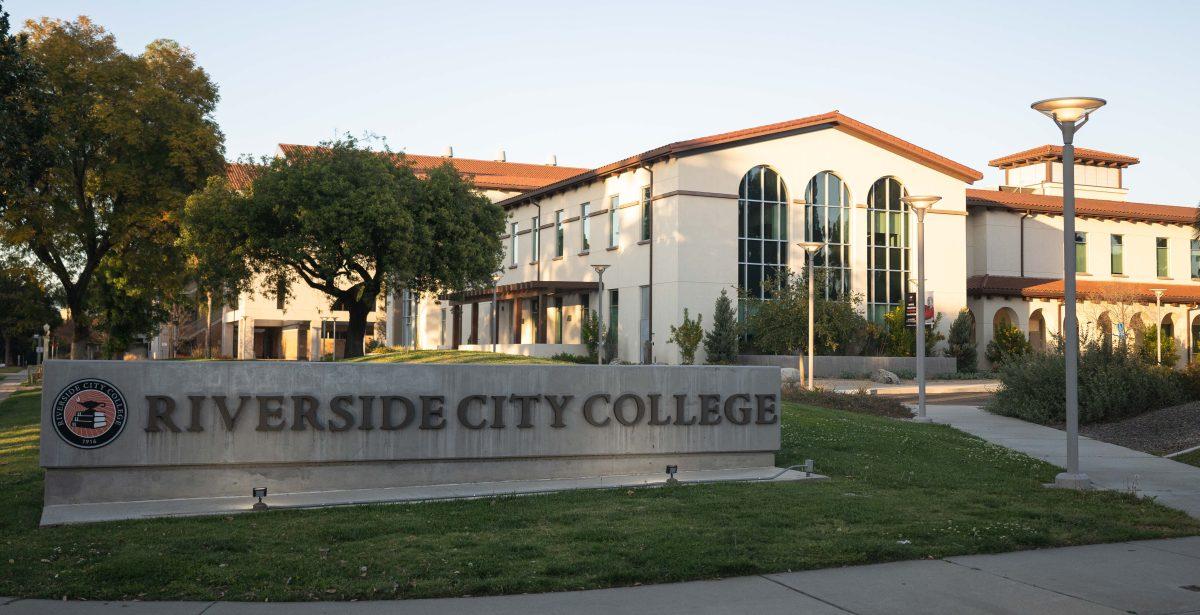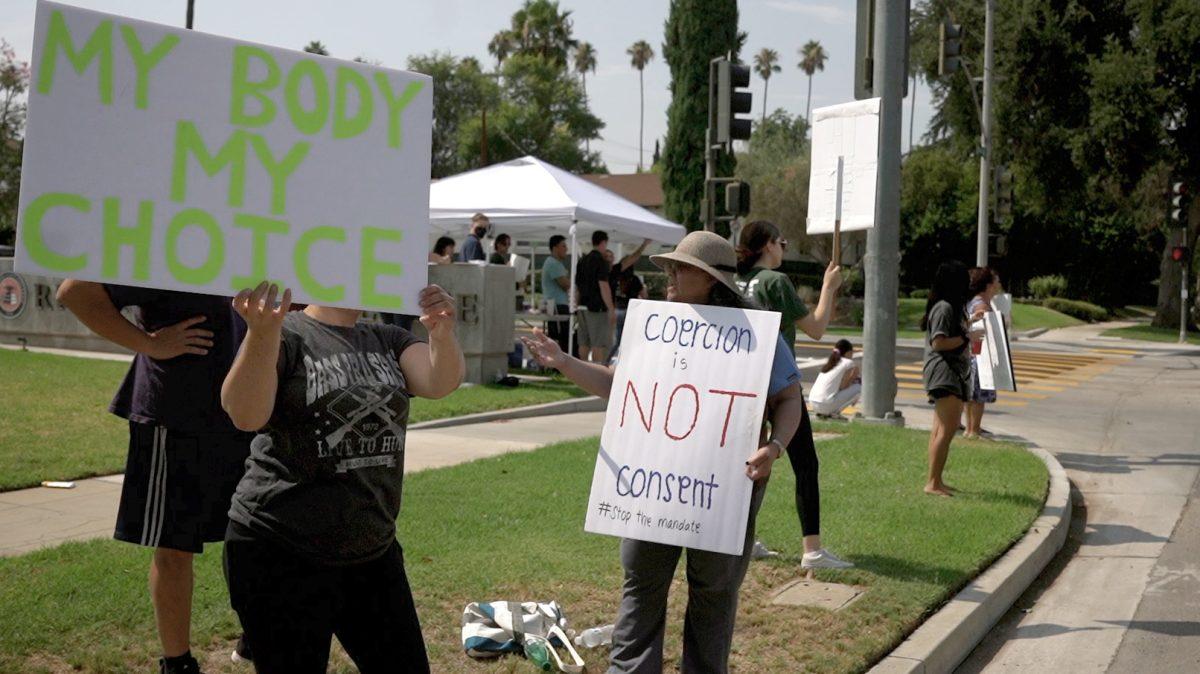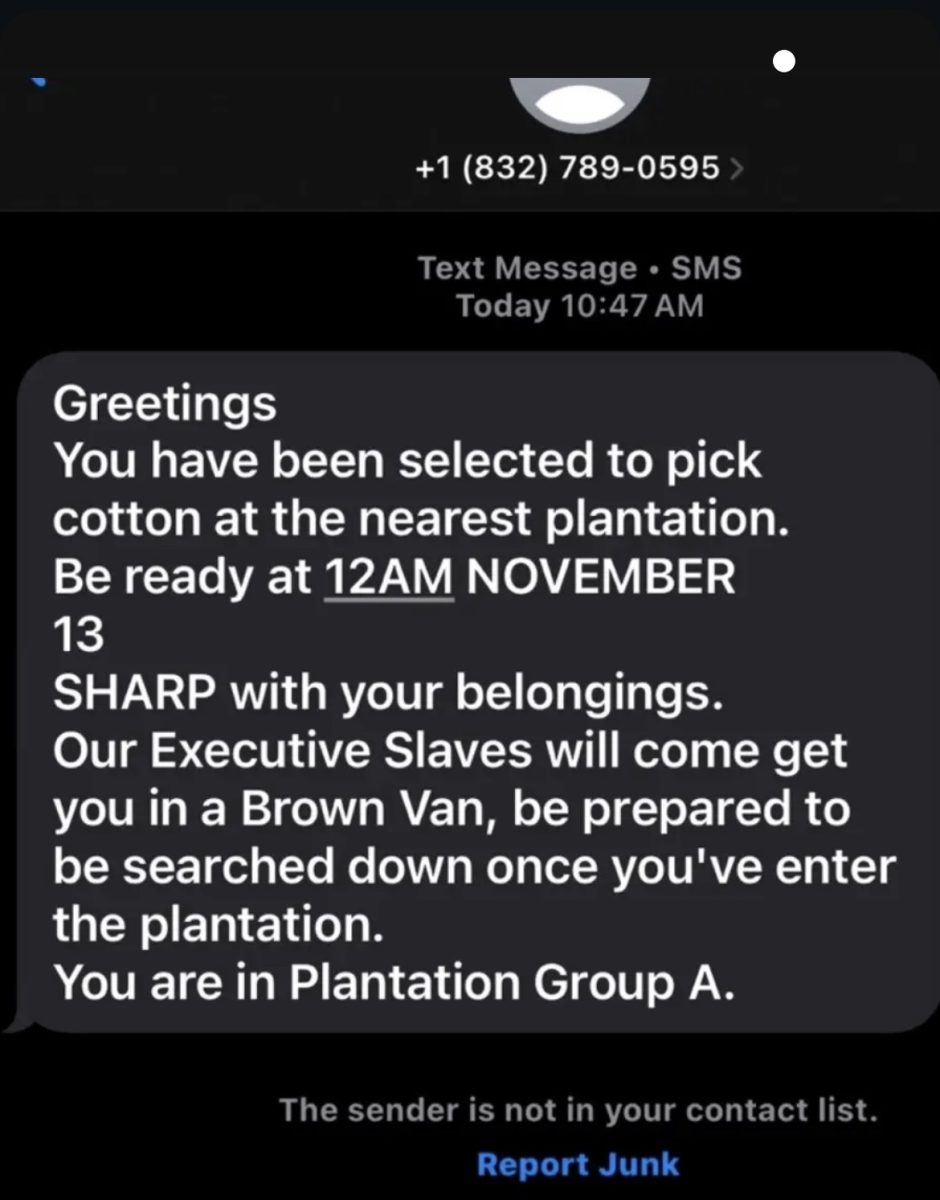
By Erik Galicia
A bleak economic forecast was predicted for the state’s Community Colleges during a teleconference with student reporters April 14.
“We don’t know how big of an impact this is going to be because we are not through this crisis yet,” Eloy Oakley, California Community Colleges Chancellor, said during the call.
The Riverside Community College District is planning for the financial fallout of the COVID-19 pandemic and this factor, in part, led to its decision April 2 to cancel spring break.
The state is also bracing for disrupted tax revenue and serious impacts on education.
“There will likely be cuts to our budgets,” Oakley said. “We’re going to advocate heavily to protect Community Colleges.”
Oakley claimed Community Colleges train 70% of first responders in California. He said deep funding cuts would weaken the abilities of colleges to prepare the workforce. His stated goal is to prevent the types of cuts that happened during the 2008 recession, which severely disrupted the state’s Community College system.
The Coronavirus Aid, Relief and Economic Security (CARES) Act signed into law by President Donald Trump on March 27 will soon allow for $300 million in aid for California Community College students. The aid is expected to reach California colleges by April 16, Oakley said.
According to a newsletter sent by Rep. Mark Takano, D-Riverside, on April 14, Riverside City College and Moreno Valley College will be receiving over $10.83 million and $3.68 million respectively in emergency aid.
“At least half of the funding each institution receives will be distributed to students in the form of emergency cash assistance grants,” the newsletter said.
The coronavirus relief bill allows individual colleges flexibility in how they distribute funds to students. Funds can go toward services such as housing, food distribution and childcare.
“The allocation goes to colleges based on full-time enrollment,” Oakley said. “Colleges have received guidance that they should be using to serve the needs of the lowest-income students. Each college is determining the greatest need.”
RCC President Gregory Anderson said April 15 that how these funds will be distributed is yet to be decided.
“We’ll definitely provide these answers once the decision has been made,” Anderson said.
The loss of income many students are experiencing because of the pandemic is impacting their financial abilities to continue attending college. Oakley said developments from his office aim to establish the continuity of education for as many students as possible.
According to the chancellor, in addition to the smaller grants meant to help students fulfill their basic needs, the state is working to ensure that a federally-supplemented unemployment insurance program is available to students.
Oakley also stressed the importance of having as many California students as possible counted in this year’s census and urged those who have not participated to do so immediately.
“The impact of students not being counted in the census really extends for a decade,” Oakley said. “It’s critically important because that influences how much money the state of California receives for higher education. How much Department of Labor funds we receive to help students who are unemployed.”
Gov. Gavin Newsom sent a letter to the state legislature in March announcing that the previously drafted budget for the upcoming fiscal year will not be ratified and work will only proceed on a workload budget.
“What this means is we will only fund ongoing programs that are essential to continuing the education of our students,” Oakley said. “The budget committee announced that in August they will reconvene after revenues are better understood to determine whether or not there’s going to be additional cuts.”
The chancellor said difficulties students have faced in transitioning to online instruction have exposed California’s “digital divide.” Districts across the state have identified students who do not have access to WiFi connections and the necessary technology to continue their education effectively.
“That’s maddening because it not only affects Community College students,”Oakley said. “It’s affecting K-12 students as well. The key is to keep them enrolled. UCs and CSUs will continue to accept our transfer students.”
Oakley said the state assumes restrictions will be in place through Spring 2021 but assured that no California Community College will stop offering education.

